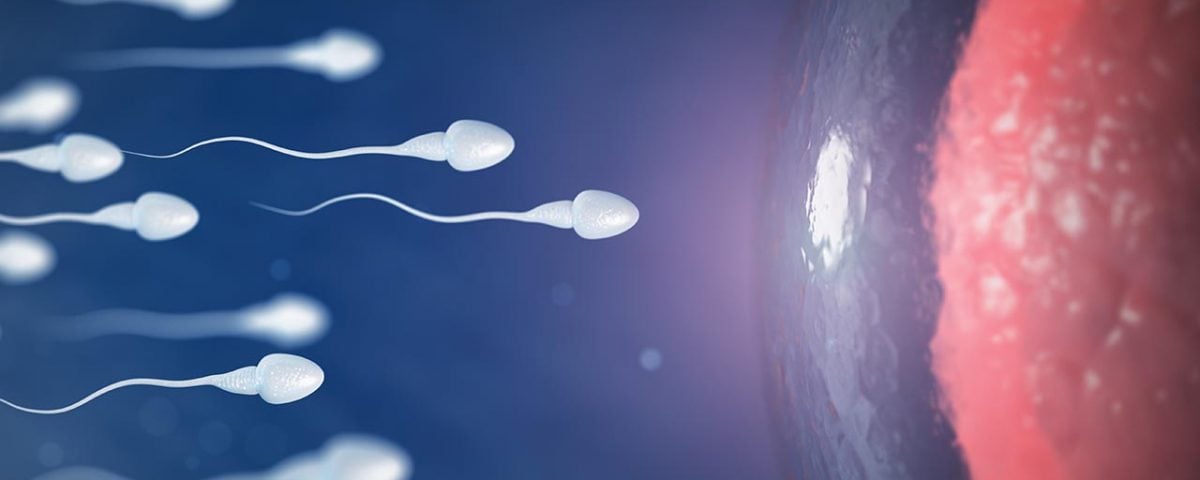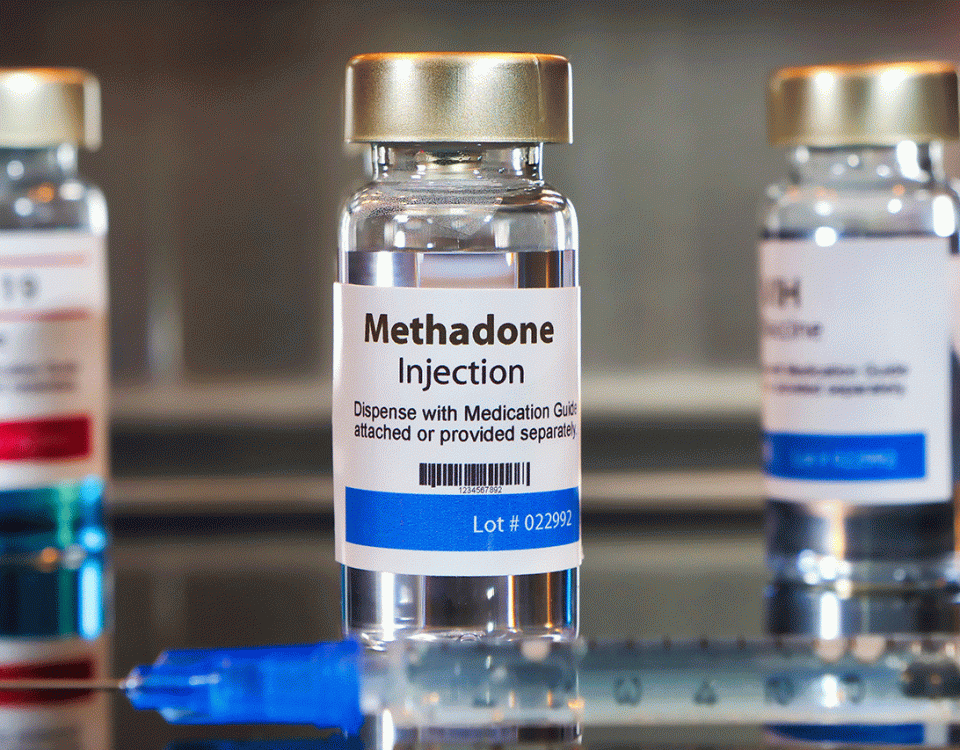Drugs can have serious effects on the male reproductive system.
The effects of drugs on sperm include disruption in testosterone production and a decrease in sperm production. Drugs such as supplemental testosterone, anabolic steroids, marijuana, and opiates affect a male’s sperm quality. When sperm count, movement, and quality are tampered with, it can decrease the chances of reproducing and cause other side effects. Infertility can lead to health problems and problems with your spouse. To avoid infertility, individuals who are struggling with substance abuse drugs that affect sperm quality might need to participate in a partial hospitalization program at Banyan’s Pennsylvania rehab in order to recover.
Questions about our Facilities or Programs?
Our admissions coordinators are available 24/7 to answer any questions you may have as you consider whether treatment at Banyan is right for you or your loved one.
Can Drugs Be Found in Sperm?
Yes, it is possible for traces of drugs to be found in sperm. Drugs have the ability to enter a person's bloodstream and accumulate in a variety of physiological fluids, including semen. It's crucial to remember that semen often has a lower medication content than other body fluids like blood or urine. Various factors, including the kind of drug, the frequency and quantity of drug usage, and an individual's metabolism, might influence the presence of drugs in sperm.
Studies have been done to look at the possibility of drug contamination in semen.1 For instance, research has looked at the amount of various chemicals and cannabinoids, which are present in marijuana, in the semen of drug users. According to this research, medications can be found in semen, but usually at lower concentrations than in other body fluids.2 Understanding the possible effects of drug use on reproductive health and creating plans to mitigate such risks require knowledge of this information.
Drugs That Affect Sperm Quality and Male Fertility
In the field of reproductive health, there is rising concern about the correlation between drugs and male fertility. It is essential for those who want to preserve their reproductive health to comprehend how certain chemicals can affect the quality and production of sperm. This section explores how certain medications affect male fertility and clarifies how they affect the complex hormonal balance that controls the creation of sperm. Investigating these consequences can yield important information for those trying to make decisions regarding their fertility and health.
Supplemental Testosterone
Testosterone is one of the main drugs that affect sperm quality and production. When a man takes supplemental or replacement testosterone, the hormones that normally signal the testicles when to produce testosterone are disrupted, stopping his natural testosterone production. This leads to a rapid drop in testosterone levels in the testicles, slowing down the production of sperm. Low sperm count or even a complete lack of sperm in the semen can result in this change.3
Anabolic Steroids
Anabolic steroids are drugs that are used to build up muscle mass and decrease body fat. As a result, the use of steroids has increased in both athletes and non-athletes. Steroids are especially known for their negative impact on male fertility. The use of steroids affects the male reproductive system in the same way testosterone does. It disrupts hormonal signals to the testicles and prevents the production of sperm. They can also cause the testicles to shrink. They can increase testosterone levels in the bloodstream, which causes the body to produce less of it.4
Marijuana
Marijuana, or cannabis, has been shown to negatively impact male fertility by affecting the hypothalamus, spermatogenesis, sperm function, and testes. In a study conducted in 2015, results concluded that the regular use of marijuana was associated with a decrease in semen quality.5 THC, the active ingredient in marijuana, can harm the production of sperm and the movement of sperm. As a result, the production of testosterone is interrupted, and sexual drive weakens. Because it is often purchased illegally on the streets, marijuana is often laced with other drugs and substances that can harm sperm.
Opiates
Opiates, or narcotics, include prescription medications and illegal drugs. Opiates are normally prescribed to treat severe pain when no other form of medication has helped. These substances, when misused, can be harmful to the body, especially to the reproductive system. Opiates and male fertility are, therefore, not a good mix. Narcotics can prevent the body from releasing the signals that control testosterone production. This can lead to low levels of testosterone and a decrease in the quality of sperm and sperm count.
Getting into treatment is easy with our free insurance verification
"*" indicates required fields
Drugs That Lower Testosterone Levels in Males
Among other aspects of male health, the main male sex hormone, testosterone, is necessary for the development of secondary sexual features, the preservation of muscle mass, and the production of sperm. Numerous drugs have been demonstrated to have a deleterious effect on men's testosterone levels. These medications have the potential to throw off the delicate hormonal balance, which could lead to a variety of health issues. Understanding these drugs is necessary to preserve fertility and regulate hormonal health.
Certain drugs that affect testosterone levels are similar to those that affect sperm, including:
- Opioids: Long-term use of opioid painkillers may result in a reduction in the production of testosterone. This is because of their impact on the pituitary gland and hypothalamus, which control the body's synthesis of hormones.
- Corticosteroids: Often recommended for ailments like allergies, arthritis, and asthma, these potent anti-inflammatory medications can also prevent the synthesis of testosterone. Long-term corticosteroid use can affect hormonal balance by impairing adrenal gland function.
- Anabolic steroids (used illicitly): Illegal use of anabolic steroids can cause the body to restrict its natural production of testosterone despite the fact that they are synthetic forms of the hormone. This occurs as a result of the body reducing its own production of the hormone after sensing an excess of it.
There is a strong link between testosterone and fertility. Maintaining appropriate amounts of testosterone is crucial for spermatogenesis, the process that produces sperm, and for sperm motility and count to remain healthy. Significantly reduced testosterone levels brought on by drug use might cause sperm production to decline, which may lead to infertility. Furthermore, sexual dysfunction brought on by low testosterone can decrease a man's ability to get and keep an erection, which can further impair fertility. For proper monitoring and management, those taking drugs that are known to reduce testosterone levels should be aware of these possible adverse effects and speak with a healthcare professional.
The effects of drugs on sperm can prevent the male reproductive system from functioning normally. Our drug rehab in Philadelphia offers programs for opiate treatment and prescription drug treatment that can help individuals battling drug addiction learn about the source of their addiction and the best way to overcome it.
If you or a loved one are struggling with drug or alcohol addiction and want to learn more about our rehabs in Pennsylvania, give Banyan Treatment Centers a call at 888-280-4763.
Sources:
- NIH – Drugs in Semen
- NIH – Delta-9 THC can be detected and quantified in the semen of men who are chronic users of inhaled cannabis
- NIH – Common medications and drugs: how they affect male fertility
- WOL – The Insults of Illicit Drug Use on Male Fertility
- NIH – Changes in human spermatozoa associated with high dose marihuana smoking









